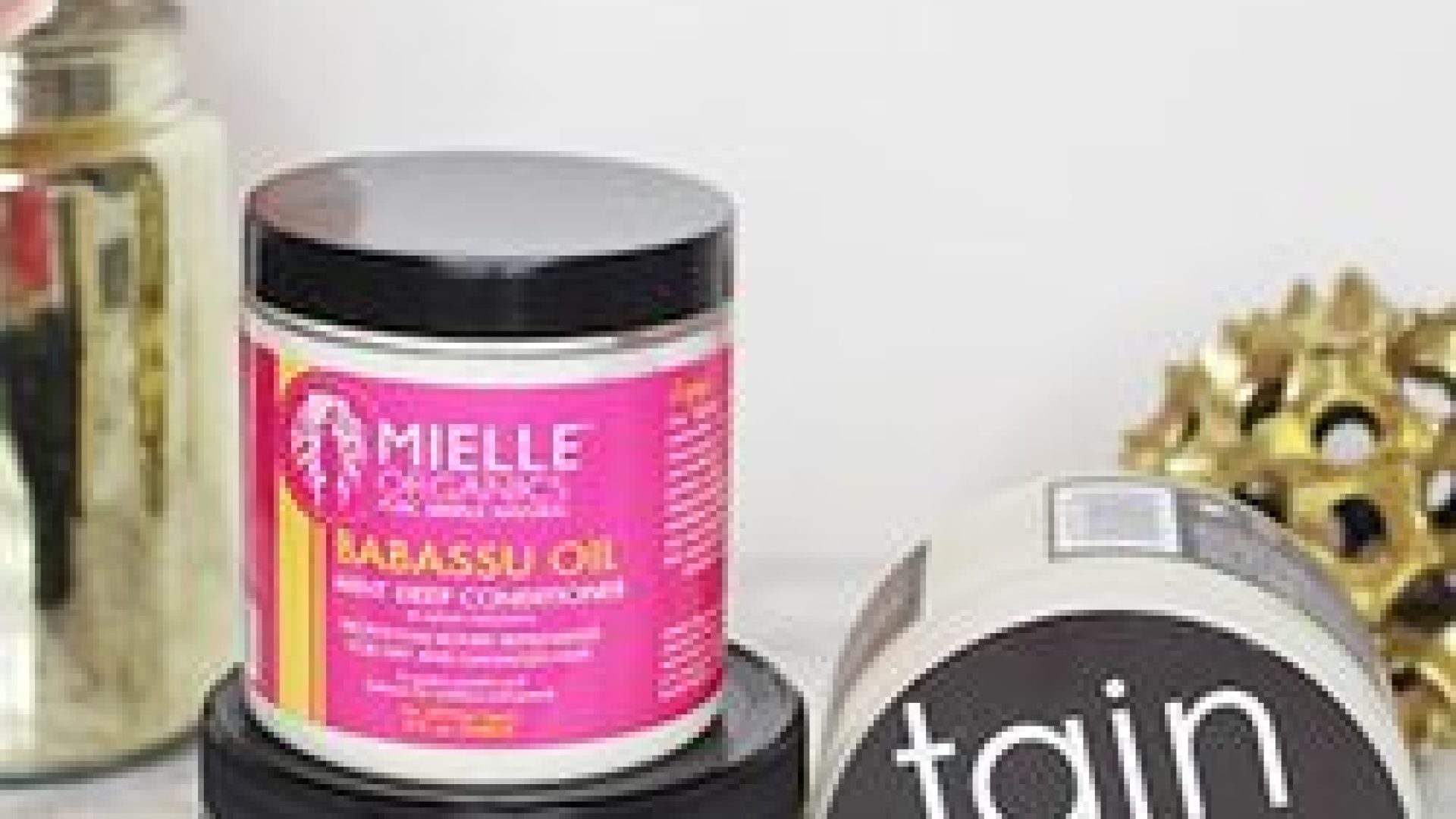
How do you educate clients on proper deep conditioning methods?
LaToyah: “We recommend clients to deep condition from roots to ends, providing even saturation of the conditioner to the hair strands with products that are filled with protein and moisture.”
Are there certain conditioners that are designed for the scalp?
LaToyah: “There are certain products that are designed for the scalp and hair. Once you’ve determined what issue you have (dry scalp, oily scalp, etc.”>, that will give you further instructions on how to use it. This is why stylists insist that clients seek professional help when needed. Those products usually have ingredients that not only strengthen the hair strand but also penetrate and heal the scalp like peppermint and aloe.”
How do you determine if you should put conditioner on your scalp?
LaToyah: “To find out if you should deep condition on or off scalp you should examine the needs of your scalp and hair. If you suffer from dandruff or a dry and itchy scalp, if you have eczema or one of the many other scalp conditions, you should then do an on-scalp deep conditioning treatment. Not all deep conditionings are done with conditioner. They can be done with scalp treatments, oils, or other natural ingredients in combination with your conditioner. Most times we recommend clients to consult with a dermatologist if we feel the client’s condition isn’t safe to treat.”
What are some adverse effects of applying deep conditioner to your scalp?
LaToyah: “Too much conditioner can cause buildup on your hair. You also want to make sure that you don’t condition your hair overnight. Your hair strands take what it needs, so don’t force extra protein or moisture in it by conditioning overnight. Excessive moisture can cause breakage, and we want to avoid that problem.”
Are you a curly girl that deep conditions your hair often? Would you put deep conditioner on your scalp?
Read next: 5 Reasons Why Your Transition is so Rough
